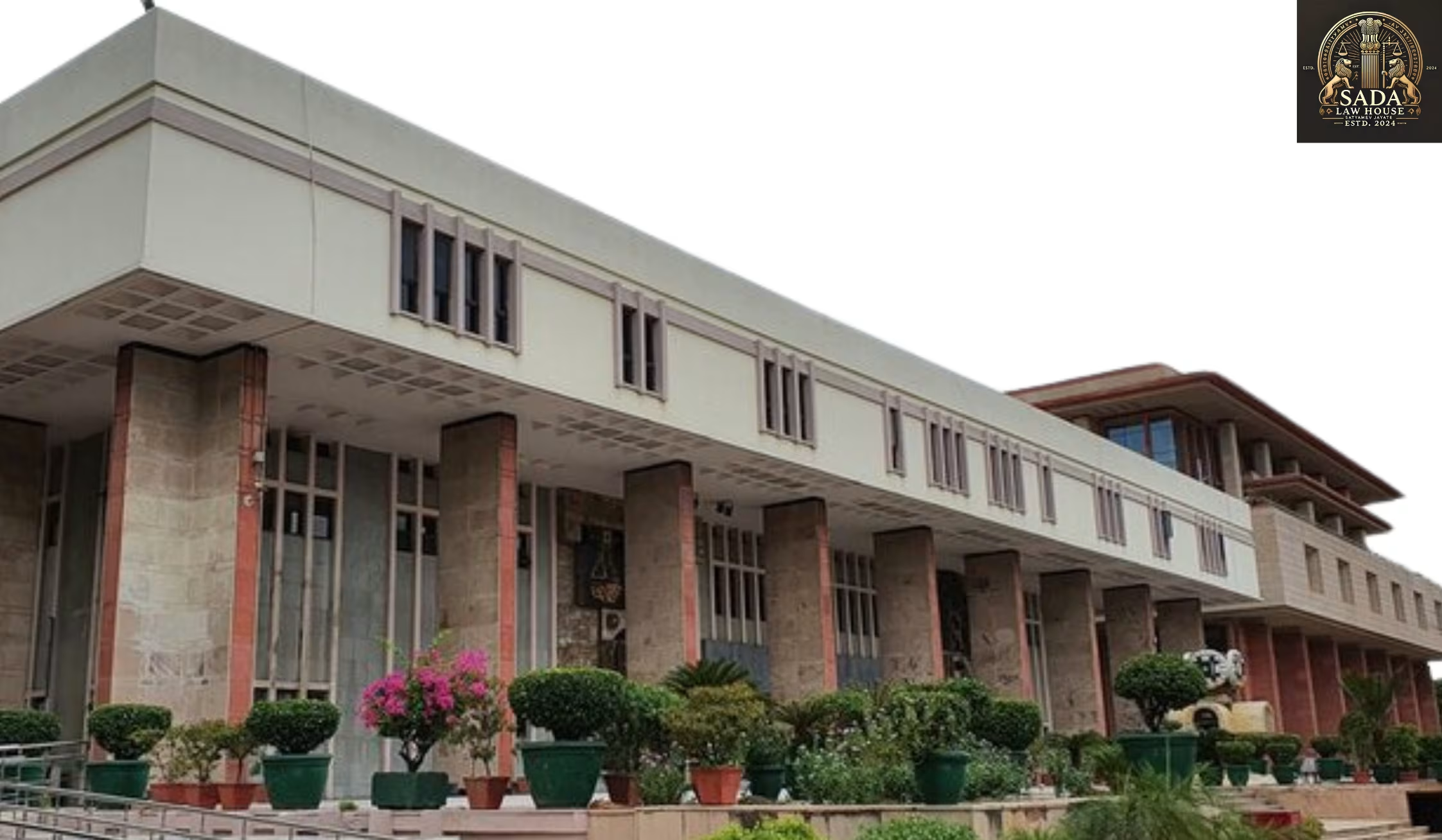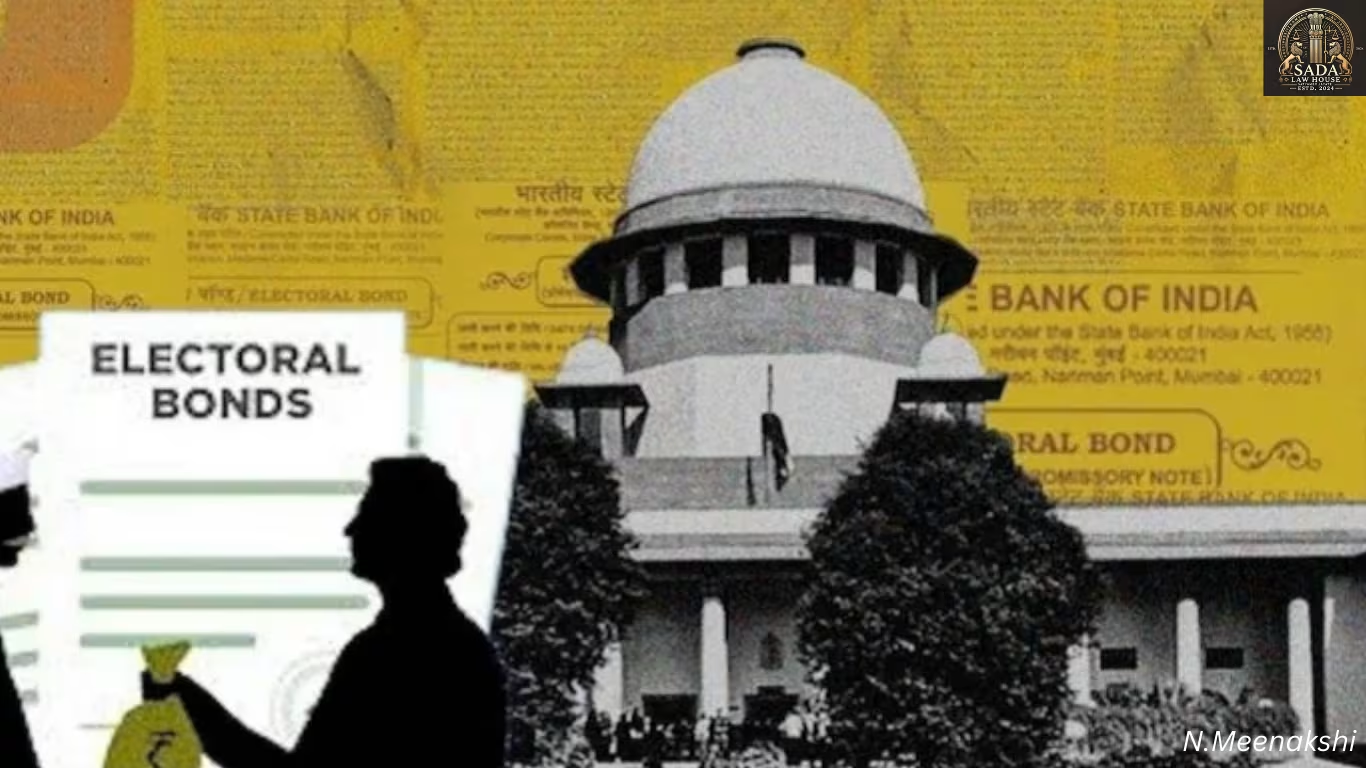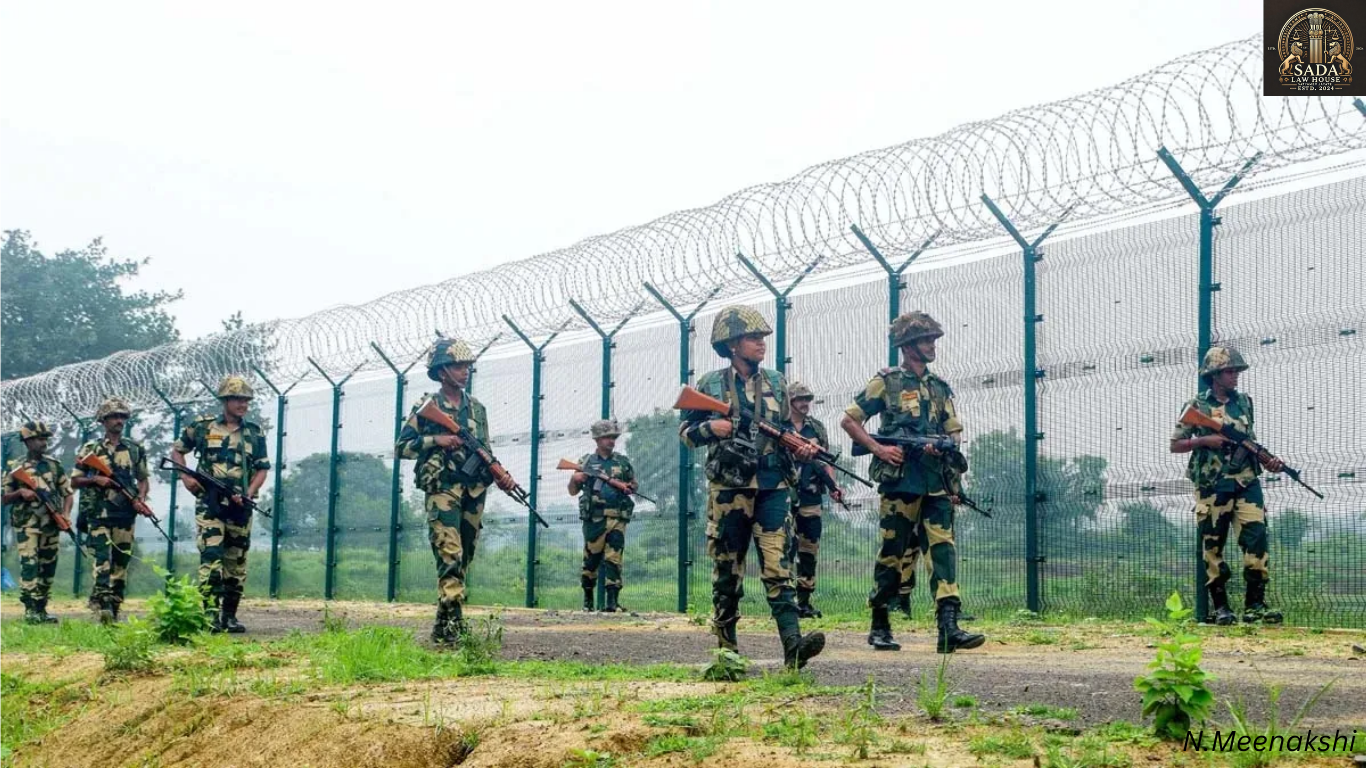Delhi High Court: Wife Who Quit Job to Care for Child Entitled to Maintenance
- MAHI SINHA
- 14 May 2025

The Delhi High Court rules that a wife who quits her job to care for her child is entitled to maintenance. Learn how this judgment upholds caregiver rights in Indian family law.
Delhi High Court Upholds Maintenance for Wife Who Quit Job to Care for Child
In a significant family law ruling, the Delhi High Court has declared that a wife who resigns from her job to take care of her minor child is entitled to receive maintenance. This landmark decision emphasizes that such resignation should not be considered a voluntary abandonment of employment.
Case Overview: Praveen Kumar v. Pooja Arya
In the case of Praveen Kumar v. Pooja Arya, the husband challenged a family court order directing him to pay interim maintenance to his wife. However, the court found that the wife’s decision to leave her job was not by choice but by necessity due to childcare responsibilities.
Justice Swarana Kanta Sharma on Caregiving and Employment
According to Justice Swarana Kanta Sharma, “…the parent with custody bears a disproportionate amount of the responsibility for caring for a minor child, which frequently restricts their ability to pursue full-time employment, particularly in situations where there is no family support to care for the child while the mother is at work.” The court concluded that such a circumstance necessitates financial support, not penalization.
Arguments from Both Parties
The petitioner argued that the respondent-wife is well-educated and was earning ₹40,000–₹45,000 per month as a teacher, including income from tuition. However, the wife countered that she had to quit her job due to the unavailability of nearby employment and her responsibilities as the sole caregiver for their young child.
Her counsel further emphasized that the lengthy commute and lack of nearby teaching opportunities made it impossible for her to continue working while raising a child on her own.
Supreme Court Precedent: Rajnesh v. Neha (2021)
The High Court cited the Supreme Court judgment in Rajnesh v. Neha & Anr. (2021), which held that if a professionally qualified wife gives up her career to fulfill caregiving duties, this must be considered during maintenance evaluations. This precedent played a key role in the court’s rationale.
Employment History and Financial Evaluation
The respondent had worked as a guest teacher but left her job due to the significant challenges of parenting alone and the long commute. The High Court acknowledged her explanation and agreed with the family court’s finding that she was not entitled to maintenance while employed but was eligible for support afterward.
Court’s Directive on Interim Maintenance
The High Court instructed the family court to reexamine the application for interim maintenance, noting that the petitioner-husband’s bank statements and income affidavit were overlooked. As a practicing lawyer, the husband’s notional income was also factored into the decision. Meanwhile, the petitioner must continue making interim maintenance payments.
Conclusion: A Step Forward for Caregiver Rights in Indian Family Law
The Delhi High Court’s decision in Praveen Kumar v. Pooja Arya reinforces the legal recognition of the challenges faced by custodial parents—especially mothers—who sacrifice professional opportunities to care for their children. By aligning with the precedent set in Rajnesh v. Neha, the court affirms that maintenance rights must consider the social and practical realities of caregiving. This judgment sets a strong precedent in favor of equitable treatment and financial protection for dependent spouses in family law cases across India.
Live Cases






